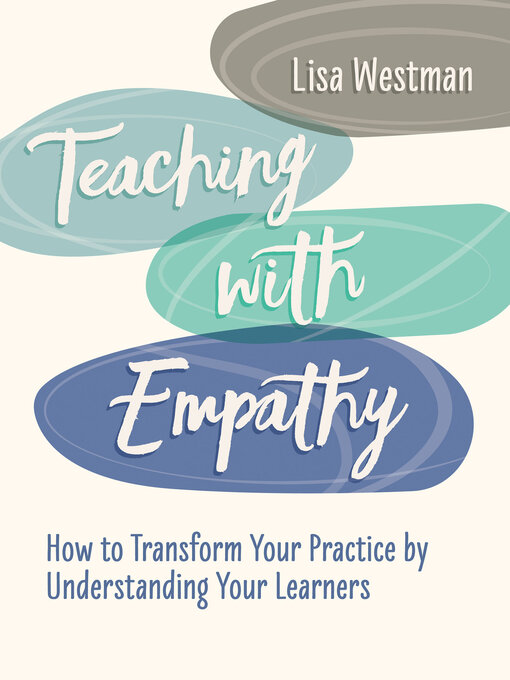What does it mean to teach with empathy?
Whether it's planning and delivering instruction or just interacting with others throughout the day, every action you take is an opportunity to demonstrate empathy toward your students, your colleagues, and yourself.
"I'm already empathetic to my students and their stories," you may be thinking. But a teacher's actions, even unintentional and especially uninformed, can be implicitly shaming, compounding any disconnect students may already feel and undermining your efforts to create a safe and positive classroom environment. Rather than try to identify who needs empathy, start with the premise that all learners deserve empathy because it is a prerequisite for learning and growth.
In Teaching with Empathy, Lisa Westman explores three types of empathy—affective, cognitive, and behavioral—and clarifies how they intertwine with curriculum, learning environment, equity practices, instruction and assessment, and grading and reporting.
Through her own experience as an instructional coach, Westman shares tips and tools, real-world classroom examples, powerful stories, and even a bit of herself as she guides you to a better understanding of yourself and others. Ultimately, you'll learn what's possible when you let compassion and acceptance inform all aspects of your daily practice.
